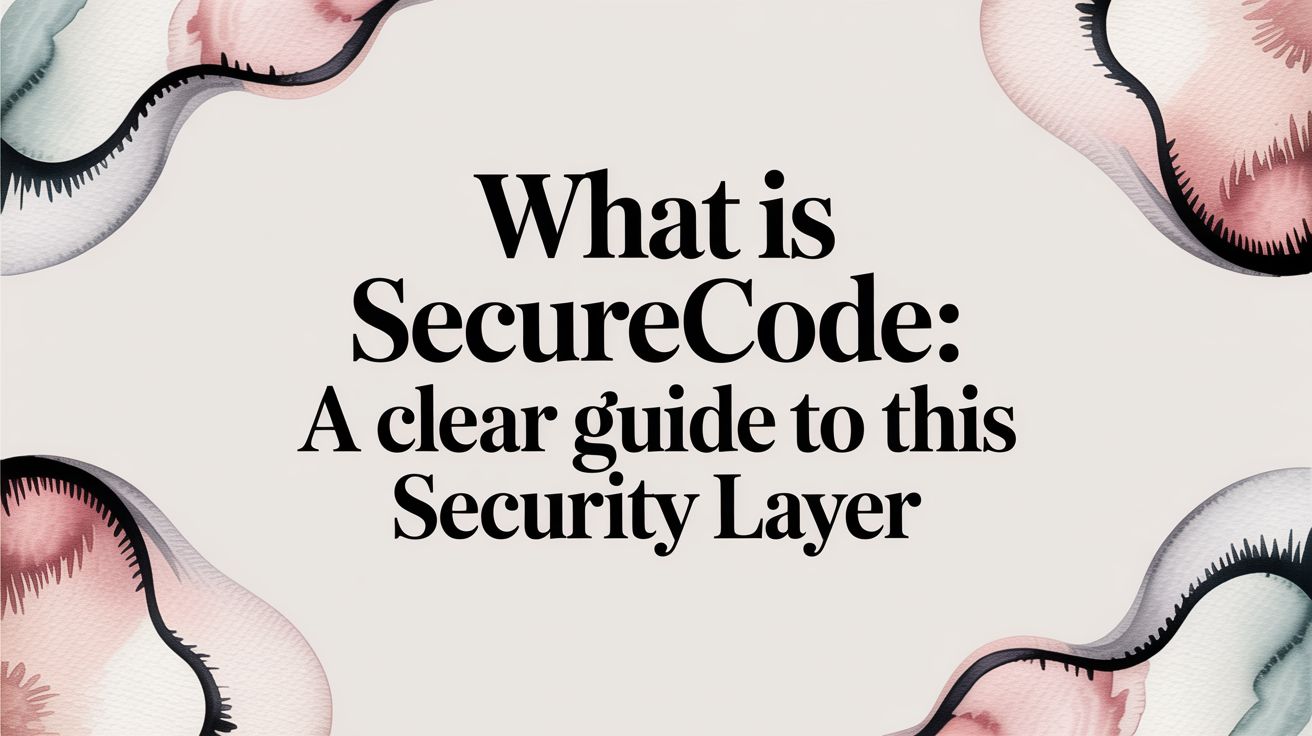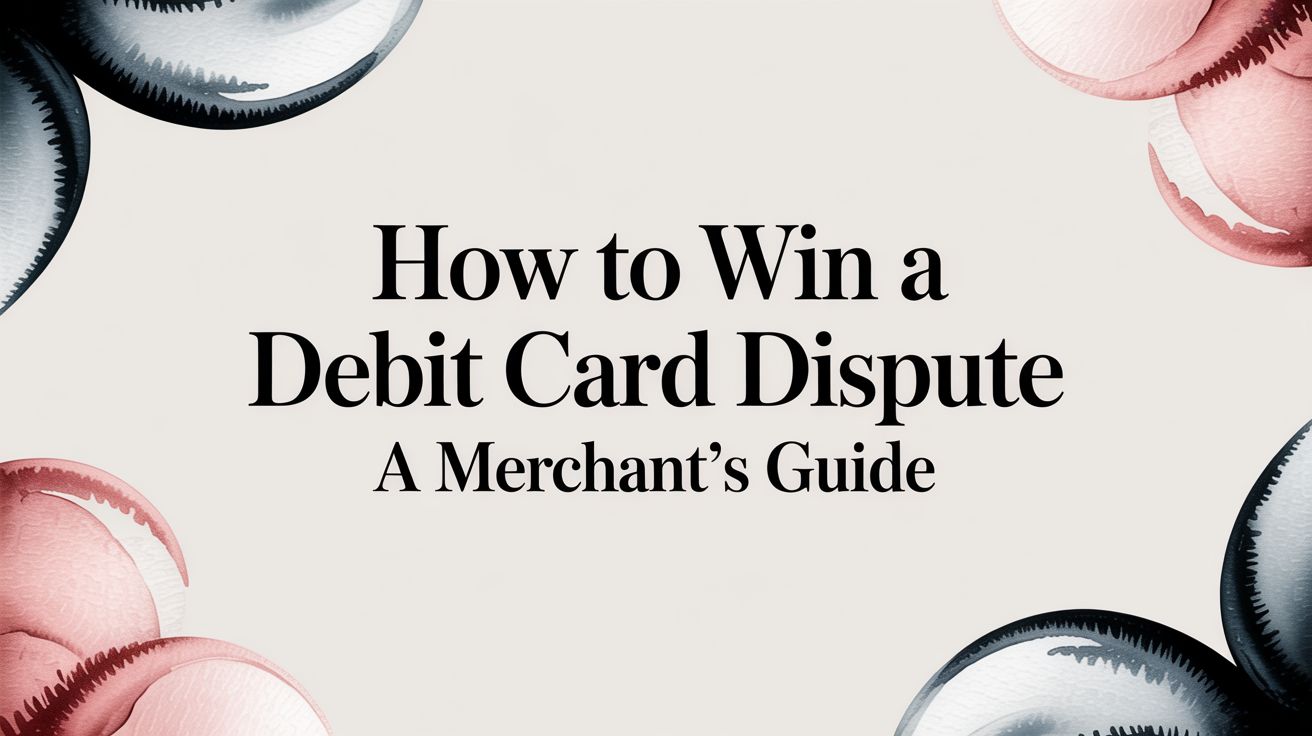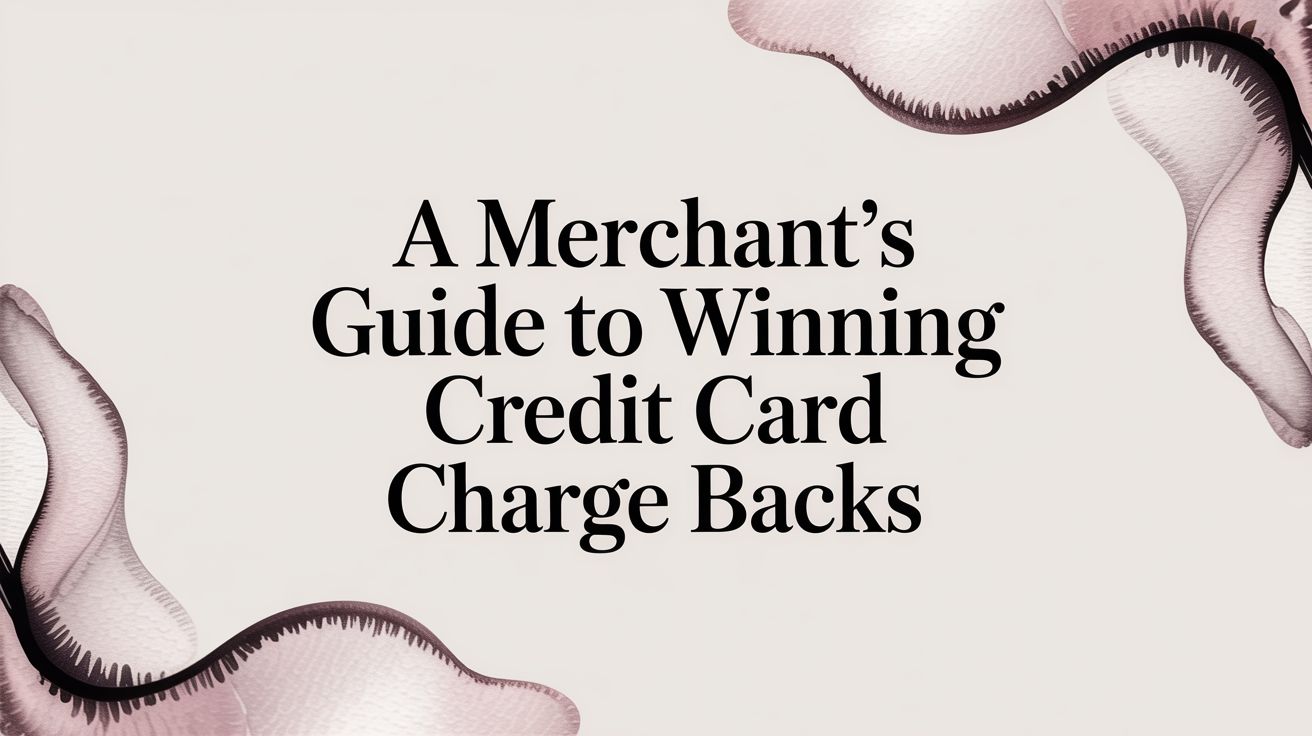
In online transactions, unauthorized disputes on as a persistent challenge for seller and buyers alike. The increasing complexity of these disputes demands innovative solutions that go beyond conventional approaches. Identifying the need for a proactive and streamlined process, businesses struggle with the consequences of revenue loss, operational disruptions, and potential damage to customer relations.
As unauthorized transactions become more sophisticated, the traditional methods of dispute resolution often fall short. The critical issue lies in the manual effort and time-intensive processes involved, leaving businesses vulnerable to financial losses and operational strain.
Recognizing this evolving problem, a paradigm shift is imperative—a solution that leverages advanced technology to provide real-time defense, automate representments, and significantly enhance the win rate against unauthorized disputes.
This article explore the challenges posed by PayPal unauthorized disputes, explores the limitations of existing methods, and unveils a forward-thinking solution that is poised to redefine the landscape of dispute management, empowering businesses to navigate the complexities of unauthorized transactions with efficiency and confidence.
What is PayPal Unauthorized Transactions Disputes?
PayPal unauthorized transactions disputes mean that there's a disagreement or problem with a payment made through PayPal, where buyer claims they didn't authorize or make the transaction.
From a seller's perspective, it's when a customer questions a payment, saying they didn't buy something or didn't approve the transaction.
For buyers, it's when they notice a payment on their PayPal account that they didn't make or approve.
It happens due to account hacking, stolen devices, or mistaken payments. Resolving these disputes involves reporting the issue to PayPal through their Resolution Center, providing details, and letting PayPal investigate to figure out what happened. It's a way to sort out and fix payment problems fairly between buyers and sellers.
Seller and Buyer Perspectives of Unauthorized Dispute
Let's break down the seller and buyer perspectives in the context of PayPal unauthorized transaction disputes.
Seller's Perspective
- Challenge to Revenue: From a seller's viewpoint, an unauthorized dispute means a customer is questioning a transaction, which can impact the seller's earnings. If the dispute is resolved in the buyer's favor, the seller may lose not only the sale amount but also face additional chargeback fees.
- Operational Disruption: Handling disputes takes time and effort, diverting resources away from normal business operations. This can be particularly challenging for small businesses with limited staff.
- Fraud Prevention Measures: Sellers may need to invest in fraud prevention tools and practices to minimize the risk of unauthorized transactions. This can include implementing secure payment gateways and regularly updating security protocols.
Buyer's Perspective
- Concerns About Security: For buyers, an unauthorized transaction dispute indicates a potential breach of their account security. They might worry about how their payment information was accessed without their knowledge.
- Financial Repercussions: Buyers might be anxious about losing money due to unauthorized transactions. The dispute process becomes a way for them to rectify the situation and recover their funds.
- Trust and Reputation: A disputed transaction can lead to dissatisfaction and erode trust in the seller. Buyers may become hesitant to make future purchases from the same seller, affecting the seller's reputation.
In short, from a seller's point of view, unauthorized disputes can impact revenue, disrupt operations, and necessitate additional security measures. For buyers, these disputes raise concerns about account security, financial losses, and the trustworthiness of the seller. Resolving these disputes involves a careful balance between protecting both parties' interests.
What does ‘PayPal unauthorized transaction denied’ Means?
PayPal unauthorized transaction denied typically refers to a situation where PayPal has reviewed a reported unauthorized transaction and determined that the claim is not valid. In other words, PayPal has investigated the dispute and found that the transaction in question was authorized or legitimate.
This outcome may occur for various reasons:
- Valid Authorization: PayPal may find evidence that the account holder did, in fact, authorize the transaction, either directly or indirectly.
- Insufficient Evidence: If the account holder fails to provide enough evidence to support their claim of unauthorized activity, PayPal may be unable to determine that the transaction was indeed unauthorized.
- Policy Compliance: The transaction may comply with PayPal's policies, and after reviewing the details, PayPal decides that it does not qualify as an unauthorized transaction.
It's important to note that the denial of an unauthorized transaction claim does not necessarily mean that PayPal is placing blame on the account holder. It could indicate that, based on the information available, PayPal couldn't verify unauthorized activity.
If an account holder disagrees with PayPal's decision, they may have the option to appeal or provide additional information to support their case. It's crucial for users to carefully review PayPal's communication and instructions on how to proceed in such situations.
Are Shopping Transactions more Prone to PayPal Unauthorized Disputes?
Shopping transactions, from a seller-centric viewpoint, can be more susceptible to PayPal unauthorized disputes due to various factors. The nature of tangible goods introduces challenges related to product perception and expectations. Discrepancies between what buyers expect and what they receive may lead to disputes, especially if product descriptions are unclear or if the quality of the item does not meet expectations.
Shipping and delivery issues also contribute to the vulnerability of shopping transactions. Delays, shipping errors, or damaged goods during transit can result in disputes as buyers may claim they did not receive the item or received a damaged one. Clear communication, reliable shipping carriers, and timely updates can help mitigate such challenges.
Refund and return policies are critical in shopping transactions, and disputes may arise if buyers encounter difficulties in obtaining refunds or returns. Transparent and well-communicated policies can reduce the likelihood of disputes related to buyer dissatisfaction.
Communication gaps throughout the shopping process pose another challenge. If buyers feel uninformed about the status of their order, disputes may arise. Establishing effective communication channels, including order confirmations, shipping notifications, and responsive customer support, can help address buyer concerns and minimize disputes.
Finally, the risk of fraudulent activities is heightened in shopping transactions, particularly for high-value items. Sellers must implement robust fraud prevention measures, such as secure payment gateways and monitoring for suspicious patterns, to reduce the occurrence of unauthorized transactions.
So, the nature of shopping transactions, involving tangible goods and various potential points of friction, can make them more prone to PayPal unauthorized disputes from a seller's perspective. Mitigating these challenges requires clear communication, transparent policies, and proactive measures to ensure a positive buyer experience.
How PayPal Investigate Unauthorized PayPal Transactions Disputes
PayPal employs a comprehensive investigative process when dealing with unauthorized transaction disputes. This multi-step approach involves a thorough examination of various factors to ensure a fair and accurate resolution for both buyers and sellers. Here's a detailed breakdown of how PayPal investigates unauthorized transactions disputes:
1. Initial Assessment
- Transaction Details: PayPal initiates the investigation by scrutinizing key transaction details, such as the date, amount, merchant, location, IP address, and the device used for the transaction.
- Account History: They analyze the account holder's recent activity, looking for any irregular patterns or indications of unauthorized access, including suspicious login attempts.
- Communication Channels: If available, PayPal reviews communication exchanges between the account holder and the involved seller or merchant.
- Fraud Screening: The transaction undergoes scrutiny through automated fraud detection algorithms designed to flag suspicious activity based on predefined criteria.
2. Information Gathering
- User Input: The account holder is actively involved in the investigation. PayPal contacts them to collect details about the dispute, including how the unauthorized transaction is suspected to have occurred, any supporting evidence (such as screenshots, emails, or police reports), and information about unrecognized merchants.
- Seller/Merchant Interaction: PayPal may reach out to the seller or merchant to gather additional transaction details, understand the nature of their relationship with the buyer, and obtain any relevant information.
3. Investigation Methods
- Data Analysis: Advanced data analytics tools are employed to identify patterns and connections between disputed transactions, potentially uncovering larger fraud schemes or patterns.
- Compliance Checks: The transaction is checked for adherence to PayPal's regulations and relevant financial guidelines.
- External Resources: In complex cases, PayPal may collaborate with law enforcement agencies or external fraud investigators to gather additional evidence or trace perpetrators.
4. Decision-Making
Based on the information gathered and the results of their investigation, PayPal makes a decision on the dispute. This decision could involve:
- Reversing the Transaction: If convincing evidence of unauthorized activity is found, PayPal refunds the disputed amount to the account holder.
- Finding in Favor of the Seller/Merchant: If the investigation concludes the transaction was valid, the dispute is closed in favor of the seller/merchant, and the claim is denied.
- Further Investigation: In intricate cases, PayPal may request additional information or conduct further inquiries before reaching a final decision.
5. Transparency and Communication
Throughout the investigation, PayPal strives to maintain transparency. Account holders receive regular updates via email, and they can track the progress of the dispute through the Resolution Center on their PayPal account.
Important Reminders:
- The investigative process can take varying amounts of time, typically ranging from 10 to 30 days or longer for complex cases.
- The burden of proof lies with the account holder to demonstrate that the transaction was unauthorized.
- Active collaboration with PayPal and providing relevant evidence during the investigation significantly improves the chances of a successful resolution.
Understanding this investigative process is crucial for both buyers and sellers involved in PayPal unauthorized transaction disputes.
PayPal Resolution Center for Seller & Buyers
Buyers benefit from the PayPal Resolution Center as a dedicated space to address transaction-related concerns. When issues arise, such as receiving damaged goods, not receiving an item, or encountering unauthorized transactions, buyers can initiate the resolution process. This involves reporting the problem within the Resolution Center, providing a clear and detailed description of the issue.
One key feature is the ability for buyers to present evidence supporting their claims. This might include uploading screenshots, emails, or other relevant documentation that strengthens their case during the dispute process. This emphasis on evidence enhances transparency and aids in a more thorough and fair evaluation of the situation.
Additionally, the Resolution Center offers a valuable tracking mechanism. Buyers can monitor the progress of their disputes, gaining insights into the resolution status. This transparency not only keeps buyers informed but also provides assurance that their concerns are actively being addressed.
For Sellers
Sellers, too, find the PayPal Resolution Center to be a crucial tool in managing transaction disputes efficiently. When a dispute is initiated, sellers receive notifications through the Resolution Center, prompting them to respond to buyer claims. Sellers can provide pertinent information, documentation, or clarification within this platform, facilitating a streamlined communication process.
The Resolution Center serves as a communication hub where sellers and buyers can engage in discussions to resolve issues amicably. This direct and centralized communication channel helps in addressing concerns promptly, potentially avoiding escalations and fostering positive buyer-seller relationships.
Overall, the PayPal Resolution Center acts as a collaborative space for both buyers and sellers, offering tools and features that enhance communication, provide transparency, and contribute to the fair and timely resolution of transaction-related issues.
Paypal Unauthorized Transactions Phone Number
The international toll free number of PayPal to unauthorized transaction dispute handling is +1 (402) 935-2050.
It better to opt for online reporting and the process of it is:
- Log in to your PayPal account.
- Go to the Resolution Center.
- Click "Report a Problem."
- Choose the unauthorized transaction and click "Continue."
- Select "I want to report unauthorized activity."
- Follow the steps to provide details and submit the dispute.
Some Videos Guides on PayPal Unauthorized Transaction Disputes
Seeking Refund after Unauthorized Transaction Dispute
Navigating the process of seeking a refund after an unauthorized transaction dispute as a seller requires a thoughtful and responsive approach. Start by thoroughly reviewing the details of the dispute within the PayPal Resolution Center.
Understand the buyer's concerns and the specific issues raised can help fight the chargeback more efficiently. Respond promptly to the dispute, acknowledging the buyer's concerns, and maintain clear and professional communication throughout the process. It's crucial to address any questions or uncertainties the buyer may have.
As a seller, verify the details of the transaction in question. Check your records for order information, shipping details, and any relevant documentation that supports the legitimacy of the transaction.
Cooperate fully with PayPal's investigation process, responding promptly to any inquiries from PayPal and providing necessary information to assist in their evaluation of the dispute. If applicable, present supporting documentation such as shipping confirmations, tracking information, or any evidence that demonstrates the validity of the transaction.
Regardless of the outcome, maintain professionalism in your interactions with the buyer, as a positive and cooperative approach can contribute to a better resolution and preserve your seller reputation.
For Buyers
If you're a buyer seeking a refund after an unauthorized transaction dispute, it's essential to follow a structured approach. Start by initiating the dispute through the PayPal Resolution Center, reporting the unauthorized transaction promptly.
Provide accurate details about the transaction, emphasizing that it was unauthorized. Upload any evidence or documentation that supports your claim, such as screenshots, emails, or any information that demonstrates the unauthorized nature of the transaction.
Monitor the status of the dispute regularly in the Resolution Center. PayPal will conduct an investigation, and updates will be provided. Be patient during this process, as it may take some time.
If PayPal requests additional information or clarification during the investigation, respond promptly. Your active collaboration can expedite the resolution process. If possible, communicate directly with the seller regarding the unauthorized transaction. They may have information that can help resolve the issue more efficiently.
Once PayPal concludes its investigation, review the outcome. If the dispute is resolved in your favor, the refund will be processed. If not, consider reaching out to PayPal for further clarification.
Effective communication and cooperation are crucial for both buyers and sellers in resolving unauthorized transaction disputes and seeking refunds. It's in the best interest of both parties to work collaboratively towards a fair resolution.
Fight & Manage PayPal Unauthorized Disputes with ChargePay
ChargePay revolutionizes the landscape of managing PayPal unauthorized disputes with its cutting-edge AI technology.
Featuring automated chargeback management, AI-driven representments, and an impressive win rate, ChargePay enables businesses to reclaim up to 80% of lost revenue effortlessly.
Responding in real-time, the platform provides instant defense against new chargebacks, minimizing manual effort and boosting the chances of success.
With versatility across various industries and a streamlined automated process, ChargePay stands as a beacon for businesses seeking efficient chargeback management. Experience the future of dispute resolution – request a demo today to witness ChargePay's transformative capabilities in action.







.svg)







.svg)
.svg)
.svg)